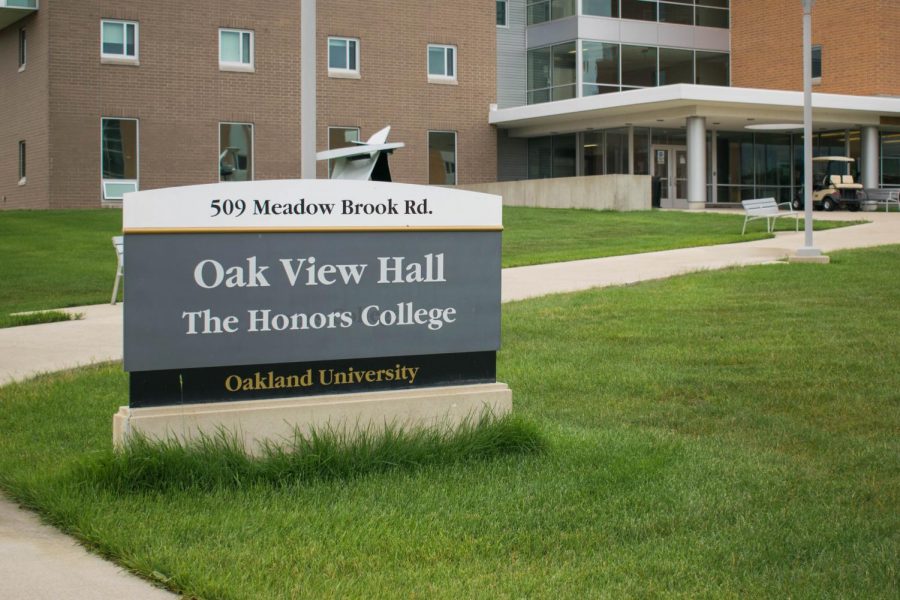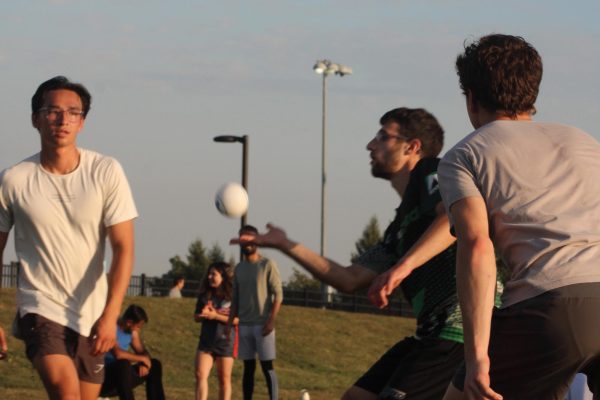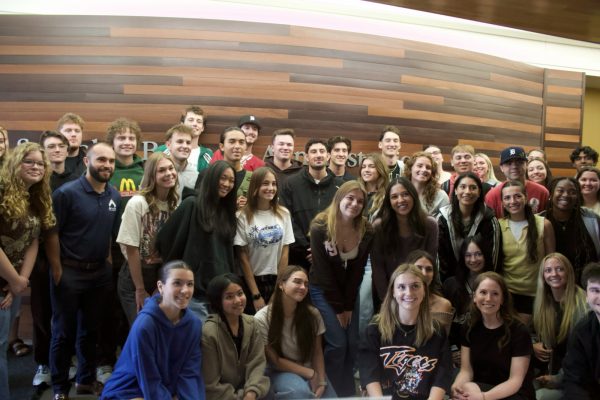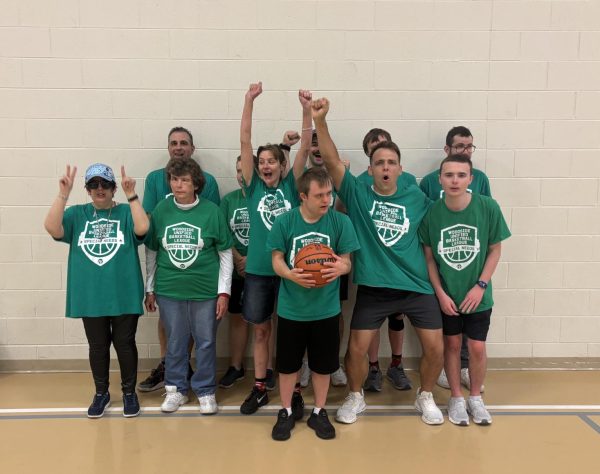Honoring the Honors College’s record breaking 2021 graduating class
The Honors College’s sign outside of Oak View Hall. The Honors College class of 2021 was the largest in history.
In recent years, the Oakland University Honors College (HC) has asserted itself as one of the premier components of OU’s secondary education experience. A brief recollection of the last three years serves as clear evidence to this claim. In 2019, the HC welcomed an incoming freshman class with 663 students and two-thirds of those students with a grade point average (GPA) over 3.9.
In 2020, the HC enrolled more than 2,000 students with an academic dispersion spanning nearly 50 academic programs. These past two academic years have set the stage for the groundbreaking graduating class of 2021.
Despite the outbreak of COVID-19 and subsequent turmoil, the 2021 HC graduating class did not allow external influences to hinder their progress towards a degree.
This year’s 2021 HC graduating class, as first reported by Oakland University News, featured 164 graduating students — the most ever for an HC graduating class. In addition to this record, 83 of those students were ‘Presidential Scholars.’ This title requires a GPA of over 3.9, and a strenuous amount of community service that highlights the student’s commitment to both their attainment of academic excellence at OU, and to the betterment of their communities.
An important part of the HC is the Honors College Council, which advises the HC, manages Senior Thesis Proposals, and oversees the events and programs.
OU Professor of Political Science, Matthew Fails, served on this council and offered his unique perspective on this year’s graduating class.
“I think that the Honors College is a real point of pride for the University,” Fails said. “It gives real, tangible benefits to the students that have graduated from the Honors College. To that extent it is a credit to kind of students that OU has been able to attract in the past 5-10 years. We have more and more students that meet the academic standards for the HC, continue to stay enrolled in the Honors College and graduate from it.”
Despite Oakland University largely shutting down in-person learning for the 2020 academic year, the graduate classes of both the HC, and broader university chose to invest in their futures, and put in the work. Fails took particular pride in that the students that he, and other faculty advisors mentored this past year.
“It was a distinct experience, between [my experiences as a professor] with the whole graduating class, and with my role as a Honors College Thesis Mentor. I had two students that I mentored graduate this winter, both of whom did thesis projects under my direction,” Fails said. “To be perfectly honest, I missed not being able to physically sit in my office together [with mentored students], or sit around a table in a conference room and talk about their projects.”
The amount of work and dedication the transition to online learning, specifically for graduating students with high-level, instructor interaction heavy courses was something that Fails reflected upon again. Already strenuous academic standards of the HC, combined with the external issues, created a scenario student and faculty worked together extensively on to solve.
“Although we weren’t physically present, I found that that part of the mentoring process for a thesis project [during the pandemic] went better than how I thought it would go. I think that we were able to replicate the kind of one-on-one attention, problem solving, and data collection [from pre-pandemic], although I don’t think that many preferred to graduate from university with so much having been done virtually.”






